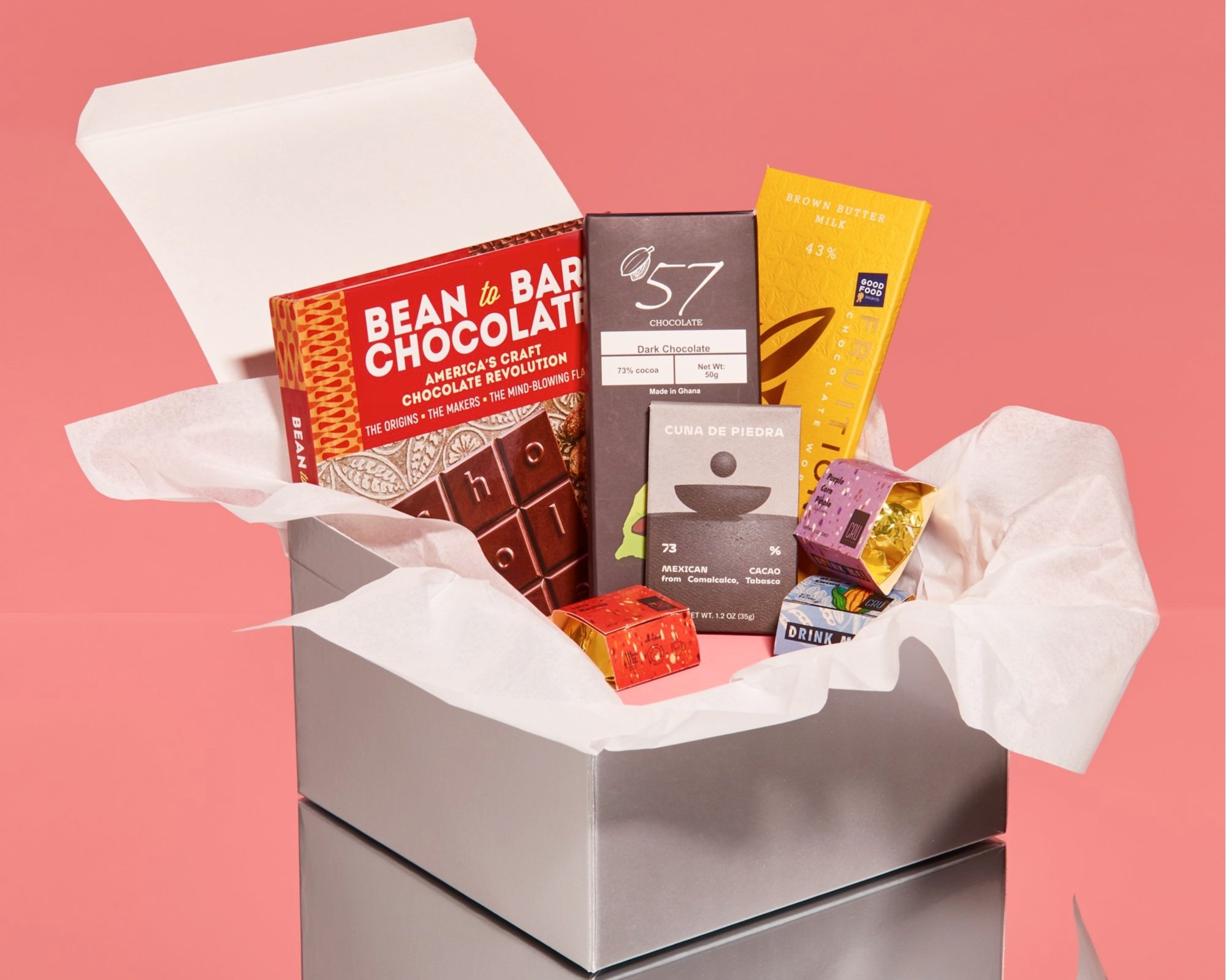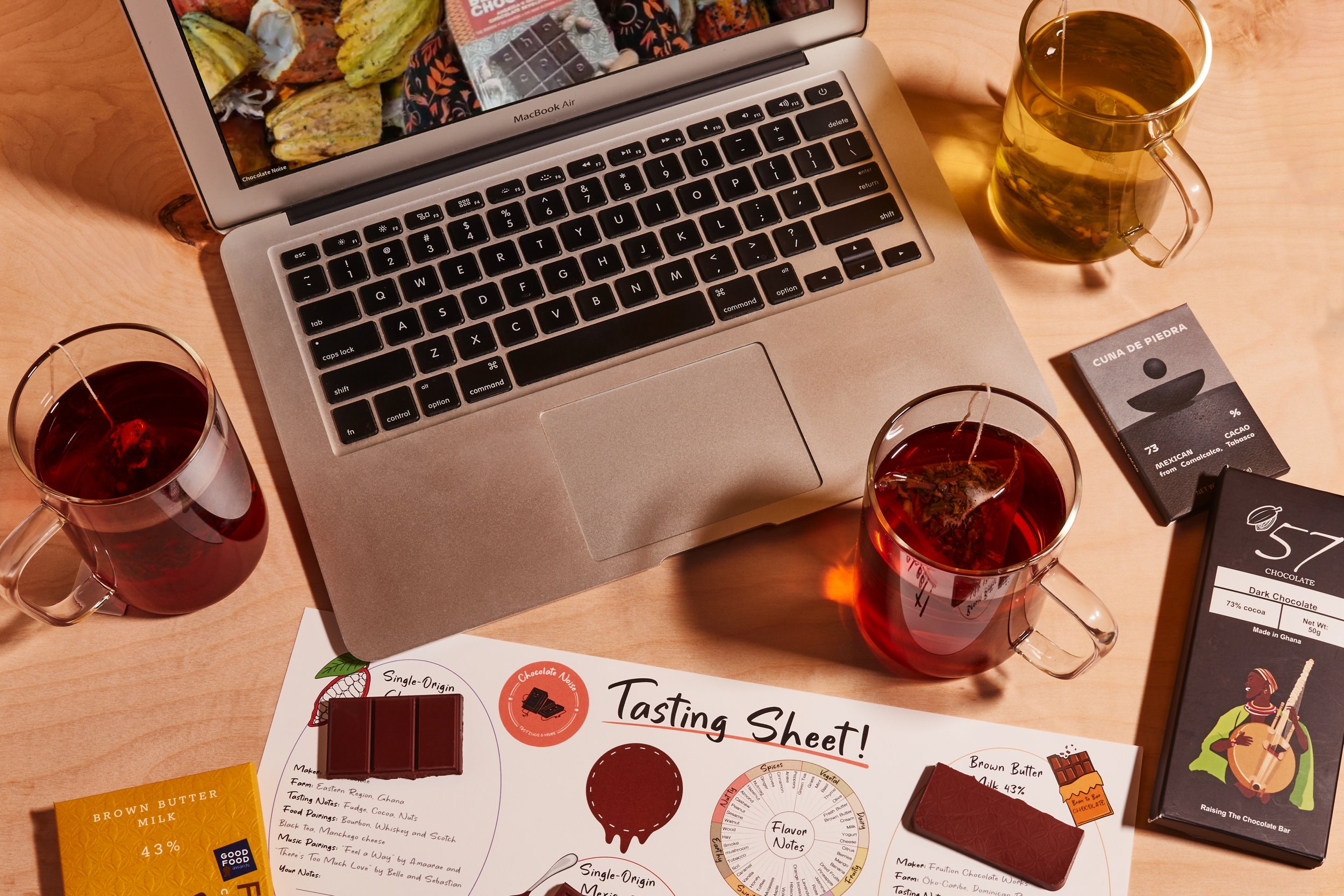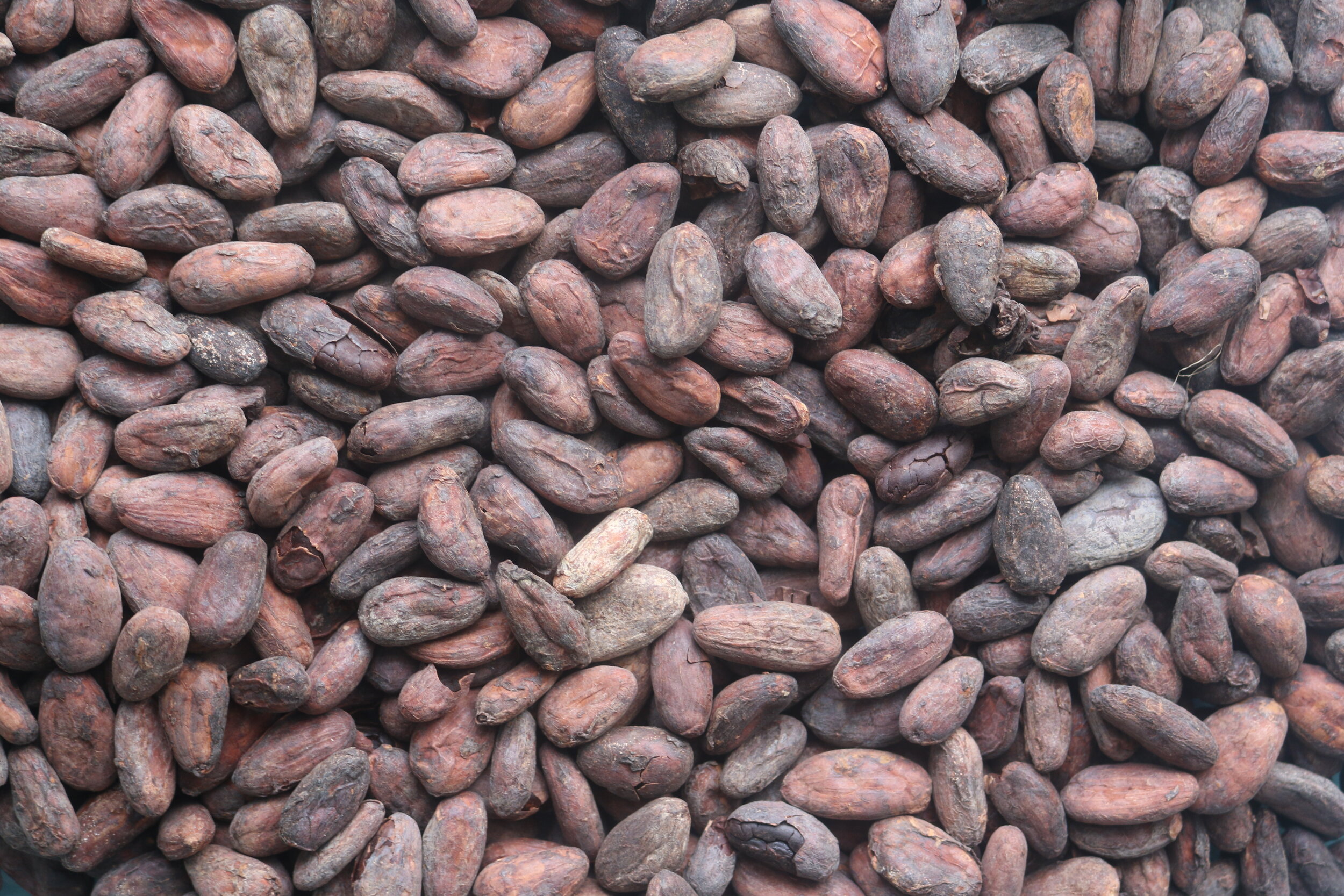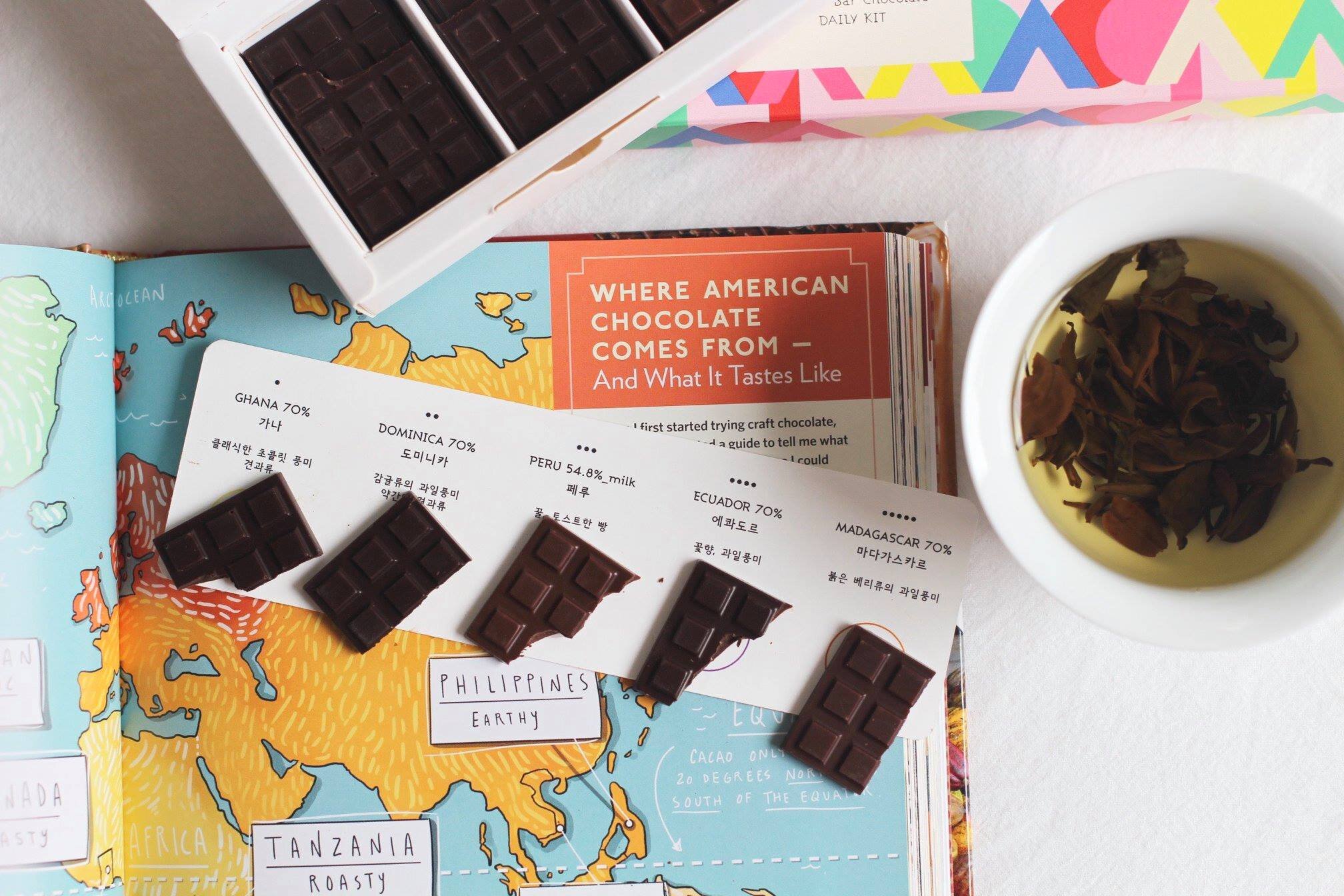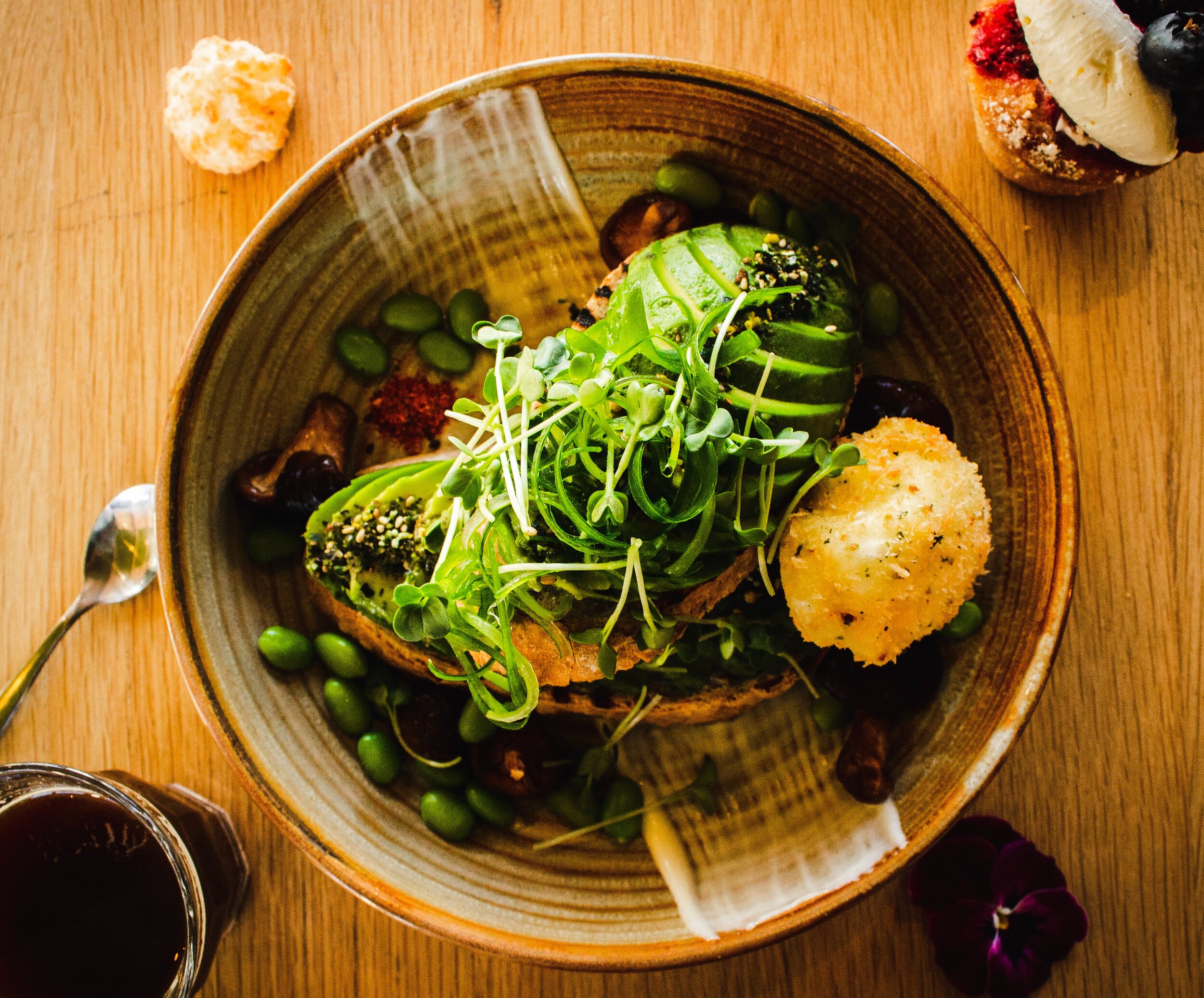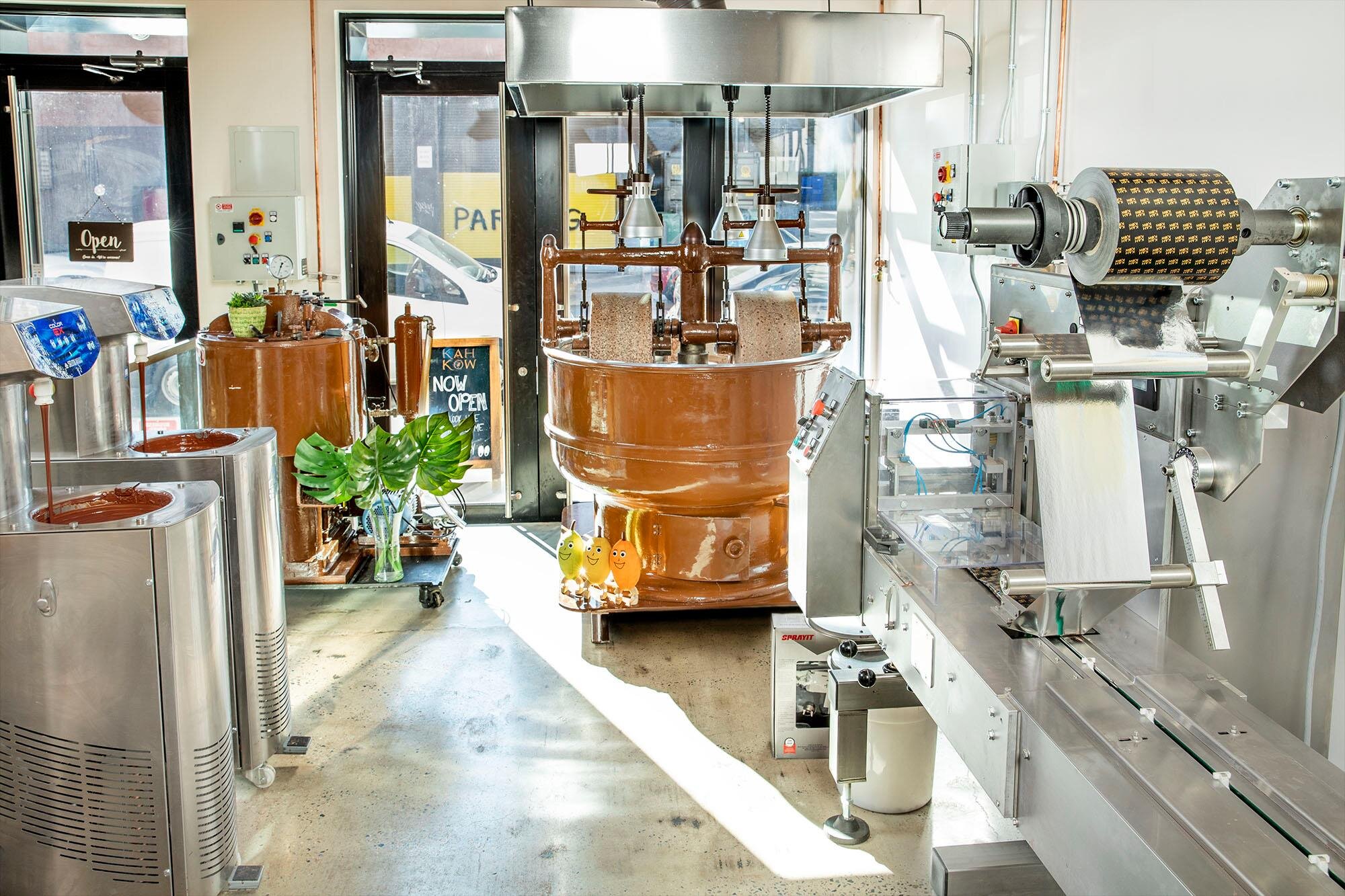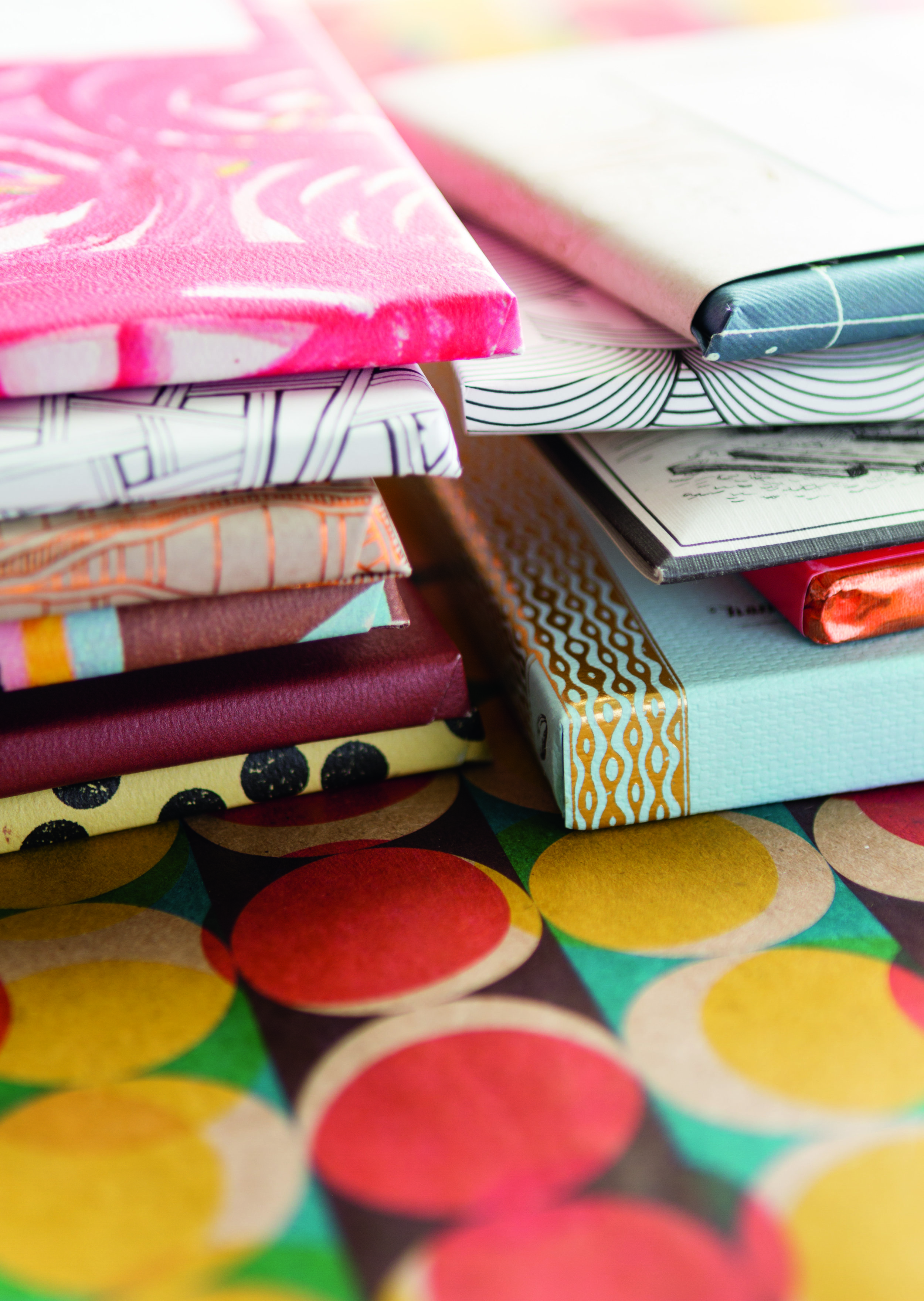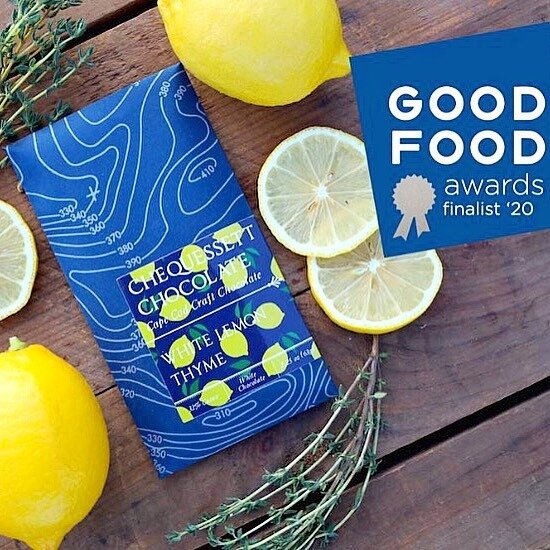If any emotion motivates me to write Chocolate Bar None, I hope it’s compassion for vulnerable people working in West African cocoa. But in the past few weeks, I have felt more compelled by frustration to write this particular post.
My prompt was the U.S. Supreme Court decision that multinational chocolate manufacturers and processors, including Nestlé and Cargill, could not be held accountable for alleged instances of child slavery along their supply chains.
Some readers may feel surprised that my frustration was not at the verdict. Instead, I have felt quite provoked by the way certain bloggers, tweeters, and self-styled journalists wrote about this verdict. (For a brief account of the Court’s decision, no sensationalism, see this article from ConfectioneryNews.)
I thank my friend Megan Giller at Chocolate Noise for pointing me to some of the more egregious posts. Megan knew I would share her concern about the way some writers depicted West Africa, and their related calls for boycotts.
Allegations of Evil
More than once, I read that if I was interested in furthering trade justice, including reducing child labor, I should punish the multinationals in the failed lawsuit by boycotting them.
I learned too that the people who run chocolate multinationals are evil profit-seekers who don’t care whether children are enslaved to grow cocoa beans. If I dared buy from those brands, then the implication was that I was evil too.
Maybe the people who run Nestlé or Cargill have made decisions that exacerbated suffering among cocoa farmers in West Africa. Maybe they have taken other decisions that have led to healthy outcomes.
Regardless, to reduce them to evil-mongers is immature and uninformed. It’s sensationalist writing, intended to make readers feel that, with no effort apart from hitting a “like” button, they have joined the “right” side.
Accusations of evil don’t teach you anything. You will not come away more informed about context, reality, or the mechanics of the cocoa trade.
Multinational Boycotts: Who Really Suffers?
Let me share a vignette from my fieldwork in Ghana. We’ll see what you think about boycotts after reading it.
Kweku’s father taught him how to farm, and he knew from childhood that he wanted to work with cocoa. Though a talented agriculturalist, he did not own land. So he started by farming other people’s land for a share of the proceeds. In other words, a sharecropper.
In time, Kweku entered into an abunu contract. While abunu does not confer land ownership, it does gives a tenant the right to farm land and retain all the proceeds. Abunu tenants can also pass that farming right to their children. It’s an attractive option, and many people aspire to it.
A life changed, for the better
By middle-age, Kweku was farming multiple plots as both sharecropper and abunu tenant. He had worked hard, prospered, and elevated the socioeconomic status of his large, affectionate family.
A prominent NGO began a project in his community. From their trainings, Kweku improved his cocoa quality. He also learned that what he did on his farm impacted the chocolate made from his beans.
Realizing that he played an important role in the larger chocolate system moved Kweku deeply. He began, of his own accord and without compensation, to teach other farmers how to improve their post-harvest practices.
Would you, a reader who is presumably interested in elevating the situation of farmers, feel good about buying chocolate made from cocoa that Kweku grew?
If the answer is yes, then find some chocolate made with cocoa processed by Cargill. Because that is where his cocoa went. To Cargill. One of the companies named in the Supreme Court case that we are all, according to some, supposed to be boycotting.
Boycott Cargill, and you boycott Kweku. Why don’t you try it? I’m sure Kweku will thank you.
Certifications Tell You NOTHING About Individuals
Here’s another true story.
Kwadwo was a prominent, respected leader of a Fairtrade-certified cocoa cooperative. His elected position on the community governing board gave him a say in how his village would spend Fairtrade premium money.
Kwadwo also oversaw labor rights among community members. This included ensuring safe working conditions for both children and adults.
Because he sold to a cooperative that had Fairtrade and other certifications, his cocoa ended up in premium brands. Some of them are widely promoted as “safe,” from an ethical perspective. Free, somehow, of “evil.”
I had the opportunity to meet with Kwadwo in a research setting. After the focus group, I distributed refreshments, as I always do during fieldwork in rural communities. I opened the trunk of my car to take out some drinks. As I turned around, I saw Kwadwo give a woman a violent push, towards me.
His intention was clear: she was collecting drinks on his behalf, and he wanted her to be first to receive them. He wanted his drinks right away, or the most drinks, or whatever. He felt that he could use physical force on a woman to achieve this.
The woman seemed both angry and defeated by the shove. I sensed that similar incidents had happened before, and probably would again.
Domestic violence is widespread in Ghana. As in many other places, it is not always considered unacceptable. Maybe other members of Kwadwo’s community saw him pushing a woman as “acceptable” behavior. Maybe they didn’t, and were repulsed by it.
I don’t accept it. I would feel ill knowing I had eaten chocolate made with cocoa that a domestic abuser had grown.
Brand Roulette?
My point in sharing these stories is to illustrate that knowing what company made your chocolate bar tells you nothing about the farmers who grew the cocoa.
Both stories are true. The only details I changed were the farmers’ names. But I could easily have shared stories with the opposite circumstances.
It might have been an honest, loving farmer who sold to a Fairtrade-certified cooperative.
Equally, it might have been a farmer who demonstrated a despicable behavior whose cocoa ended up with a multinational.
No matter what sort of person a farmer is, their cocoa might end up anywhere. In any bar, any brand, whether named in child slavery lawsuits, or displaying every certification on offer.
This truth is at the heart of my decision to buy and eat any chocolate. It’s also why I will never fault you for choosing to only buy certified or craft chocolate. To me, the chances seem pretty much even that we are both contributing to honest people’s livelihoods. People — farmers — who need us to continue supporting their hard work.
Boycotts Don’t Help Farmers — They Ignore Them
When writers advocate for boycotts of multinational chocolate makers, they leave out the most important part of the story: human beings.
Real-life women and men who work hard to grow cocoa — most of which ends up with multinational chocolate companies.
When people call for boycotts, they are essentially saying that the only thing that matters is punishing people at “the top” for alleged nefarious behaviors. No one ever seems to think about the people at the bottom who will suffer as a result.
Just because you are mad at Nestlé, that doesn’t give you the right to punish hardworking human beings you have never met and whose circumstance you likely cannot understand.
Based on my experiences in West Africa, many farmers here are grateful that multinationals buy so much of their cocoa. They recognize the problems with the global cocoa trade same as you, and in all likelihood better. Yet no farmer has ever told me that they wished Nestlé or Cargill would stop buying from them.
It’s not enough to tell people to buy certified or craft chocolate as a substitute. It’s not enough. Those markets are minuscule, and quite frankly such companies will never match the buying power of the multinationals. This is not a defeatist statement. It’s a realistic one.
If you really cared about cocoa farmers, why would you turn your back on millions of them in West Africa? Why wouldn’t you find a smarter way to advocate for change?
My own role, as I see it, is to share the truths that I witness, no matter how little people may want to accept those truths.
I’m doing my best at it. I expect the same from you.
Dr. Leissle is the author of Cocoa, a volume in the Polity “Resources” series; co-founder of the Cocoapreneurship Institute of Ghana, which supports entrepreneurs working at any stage of the cocoa value chain in West Africa; and Cultural Specialist for National Geographic-Lindblad Expeditions, in Africa and Western Europe. Previously full-time faculty at the University of Washington Bothell, she pioneered university-level education in chocolate with her class, Chocolate: A Global Inquiry. This was the first undergraduate class dedicated to the study of chocolate in the U.S., and culminated each year with the UWB Chocolate Festival. Dr. Leissle publishes regularly in academic journals, newspapers, and magazines, and contributes to Oxford Analytica Daily Briefs. Dr. Leissle holds degrees from Oxford University, University of Washington, and Boston College. She lives in Accra, Ghana. Read more of her work here.
Community Responses
General Feedback

